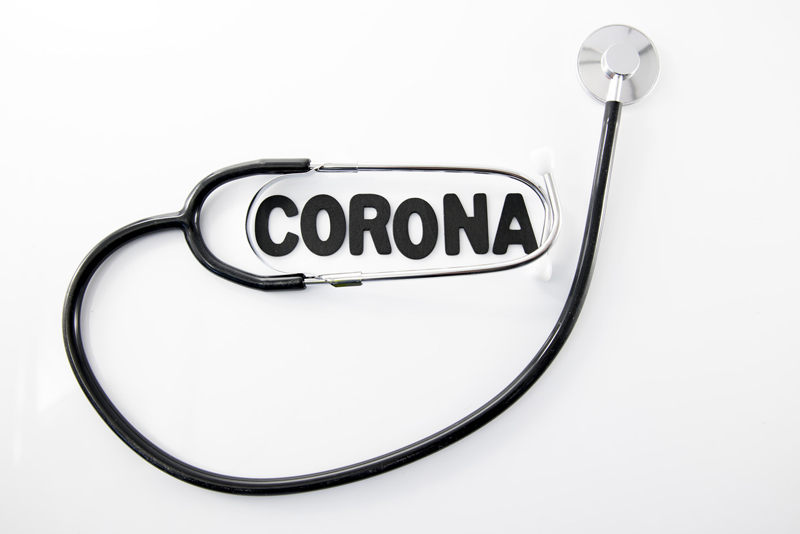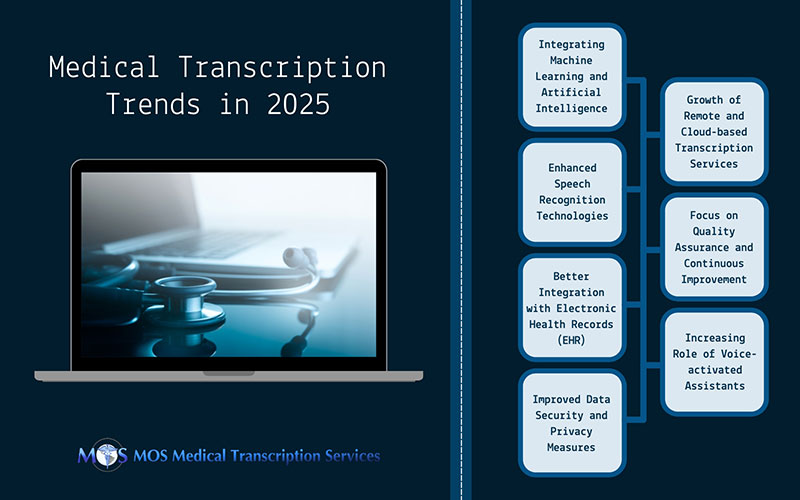
As COVID-19 cases continue to grow, governments across the world are implementing stringent regulations to contain the outbreak. Healthcare professionals are on the front line in the war against the novel coronavirus. With the number of infections in the U.S. surging to over 33,000 at the time of this writing, medical practices need to be well prepared to deal with the virus outbreak. Our medical transcription company has compiled a list of readiness measures recommended by experts:
- Educate staff about the novel coronavirus: Staff needs to be educated about COVID-19 and the protocols to contain it. According to the American Academy of Family Physicians (AAFP), instructions for staff should cover facility policies and practices to minimize risk of exposure to the respiratory pathogen that causes COVID-19, preventing transmission of infectious agents, and COVID-19 evaluation. Staff should also be educated on advising patients about changes in office procedures such as calling prior to the office visit if the patient has any respiratory infection symptoms and developing family management plans in case of their exposure to COVID-19.
- Have a plan to identify patients with COVID-19 symptoms: To identify patients infected with the virus, practices need to develop standard questions that their staff can ask when patients call the practice, says Debra A. Cooper, R.N., a senior risk management specialist with medical liability insurer Coverys (wwwfiercehealthcare.com). This should include questions about travel to a country where the virus infection exists, whether they have had contact with a person who has tested positive for coronavirus or is suspected of having the virus, and if they have been caring for a person with the infection. Patients should be asked about their respiratory symptoms and those with a risk of coronavirus infection should be sent to a designated local testing facility. If patients have questions about the virus, physicians can direct them to the CDC website which provides accurate information on COVID-19 and advice about travel, social distancing, how much to go in public, etc. Several states have expanded telehealth options to reduce the number of persons who visit their physician in person, which will help slow the spread of disease.
- Establish a COVID-19 office management and healthcare worker safety plan: The AAFP recommends that practices have an office management plan that covers patient flow, triage, treatment and design. Physicians need to take measures to ensure that staff and other patients are shielded from infected persons. This includes ensuring meticulous hand hygiene and cleaning, limiting patient visits to clinics and hospitals only if necessary; shifting consultations to virtual channels (such as phone and video); and adhering to standard droplet precautions (surgical mask, gloves, and gown) with respiratory patients. Staff and caregivers must be provided with alcohol-based hand sanitizer, approved respirators, Personal Protective Equipment (PPE), surgical masks, gloves, and gowns. Setting up a negative pressure room can prevent the spread of germs in the facility (www.fiercehealthcare.com).
- Follow infection control best practices: In addition to use of PPE, staff should be educated about proper infection control procedures, including hand washing. The AAFP says that routine cleaning and disinfection procedures are appropriate for SARS-CoV-2 in health care settings, including those patient-care areas in which aerosol generating procedures are performed. High-touch areas should be frequently cleaned using products using cleaning supplies approved for SARS-CoV-2. Practices can refer to CDC’s recommendations for environmental cleaning and disinfection, along with the EPA’s list of approved products.
- Collaborate with local hospitals and stay informed: Practices should establish communication with other health care professionals in their community and local hospitals. They should notify their local or state public health department if they have a high-risk patient. Practices also need to identify sources of materials and supplies required for care during the pandemic, and order appropriate items. Physicians should stay informed and track the ever-evolving coronavirus pandemic by visiting their state and local department of health’s website.
The coronavirus (COVID-19) outbreak presents unique and significant challenges for the entire healthcare system. Physician practices need to ensure staff safety while trying to deliver appropriate patient care. Medical transcription outsourcing can help meet their documentation needs.


